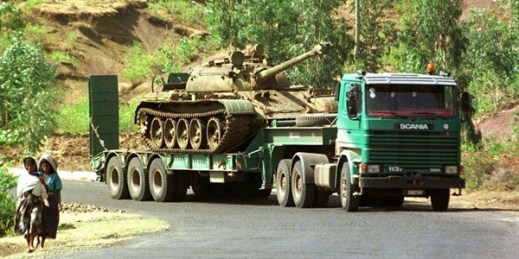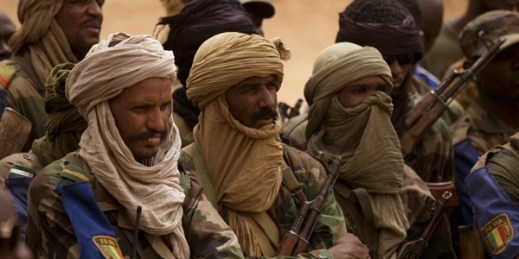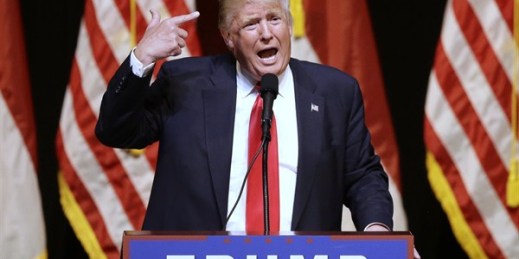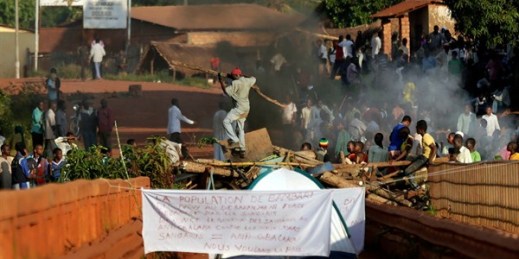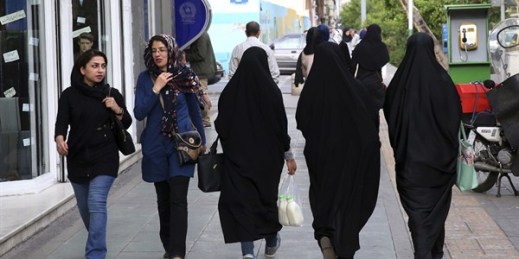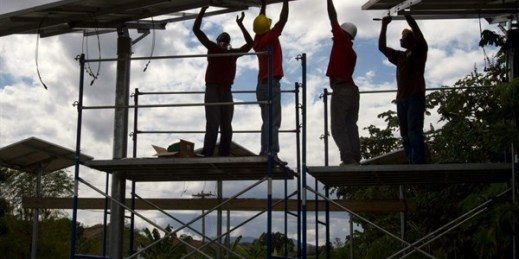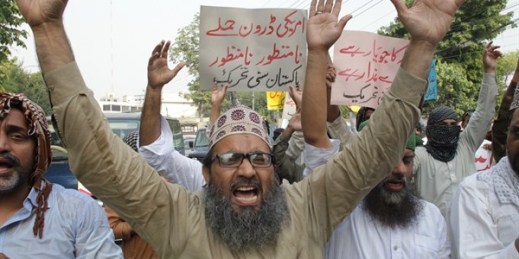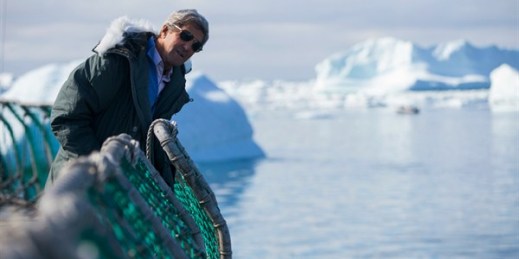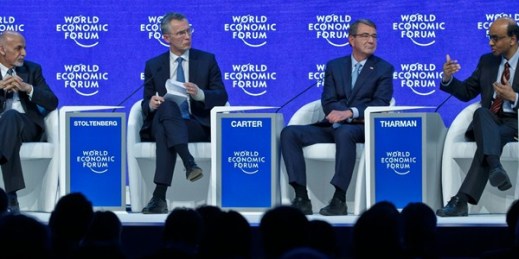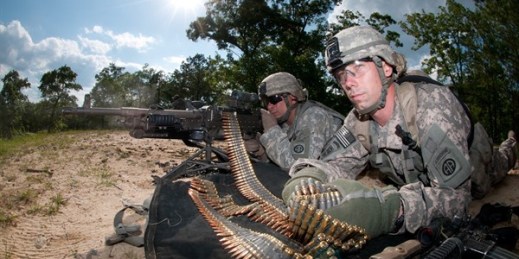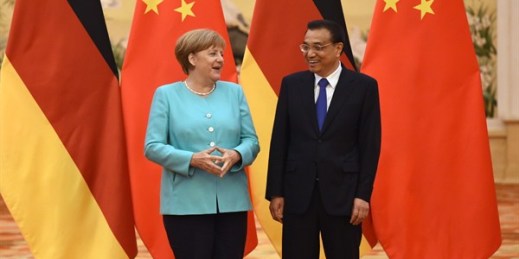
German Chancellor Angela Merkel was in China earlier this month, her ninth trip there since taking office, to discuss trade relations, rule of law concerns and the South China Sea disputes. In an email interview, Klaus Larres, a professor at the University of North Carolina, discussed Germany’s ties with China. WPR: How have Germany’s economic and political ties with China evolved since Merkel came to office, and in what areas are both sides looking to expand ties? Klaus Larres: Since the 1980s, under Chancellors Helmut Kohl and Gerhard Schroeder, ties between China and Germany have become increasingly close. Schroeder traveled […]

